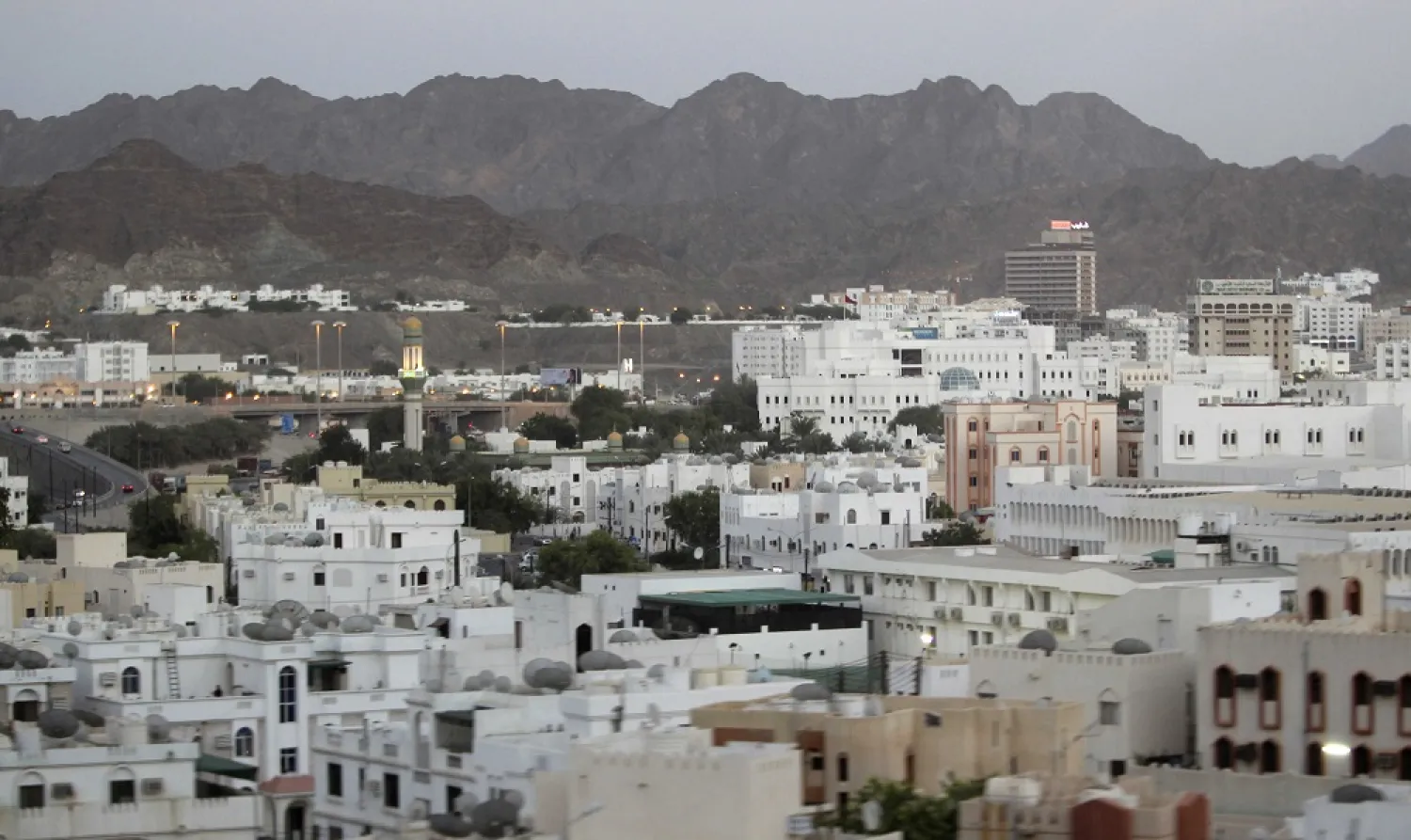Saudi Arabia’s Minister of Energy Prince Abdulaziz bin Salman discussed on Monday with his Omani counterpart Dr. Mohammed al-Rumhi coordination within OPEC + and their vision on oil market developments.
While oil prices are witnessing fluctuations as a result of the uncertainty in global economy, the Kingdom is seeking to secure global supplies to match the volume of global demand, leading to the stability of oil markets.
The ministers discussed means of boosting cooperation in various energy fields, including renewable energy, the circular carbon economy and sustainability, the Saudi Energy Ministry tweeted.
This comes in line with the close bilateral cooperation ties in all fields, especially the economic field, it added.
On January 4, OPEC and its allies, a group known as OPEC+, agreed to stick to its planned increase in oil output for February because it expects the Omicron coronavirus variant to have a short-lived impact on global energy demand.
The OPEC+ agreement allowed for a 400,000 bpd production increase in December from all members, of which about 253,000 bpd is shared by the 10 OPEC members participating in the deal.
Oman is a crude oil producing country and an OPEC+ member, with an average actual production of 1.1 million barrels per day.
Saudi Arabia is a large oil producer with an average daily production of 11 million barrels. It is the world’s third largest producer after Russia and the United States, and the largest oil exporter with an average of 7.4 million barrels per day.
The volume of trade exchange between Saudi Arabia and Oman amounted to $3.36 billion in 2020, while the value of Saudi non-oil exports to Oman reached $1016 billion, according to official media.









